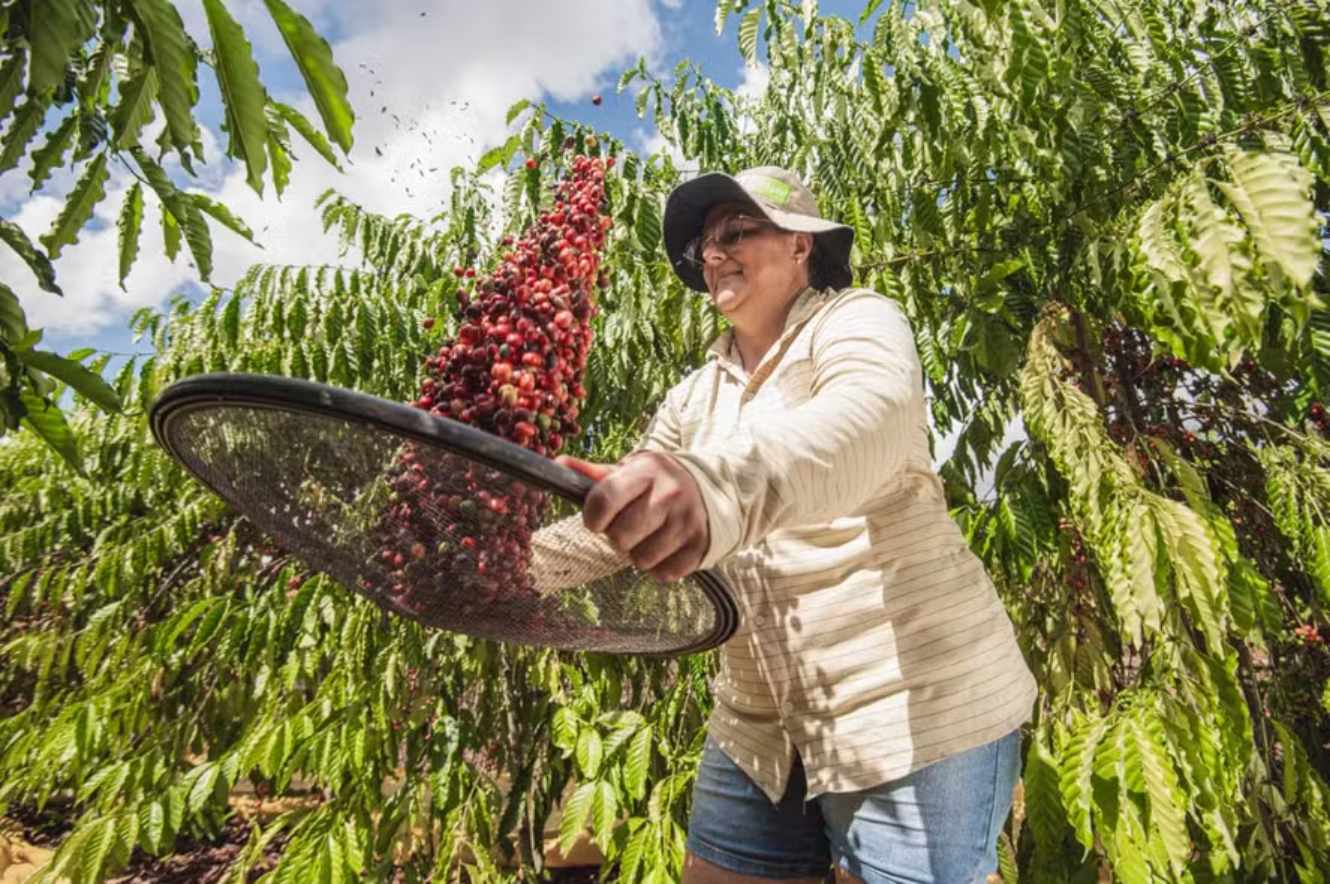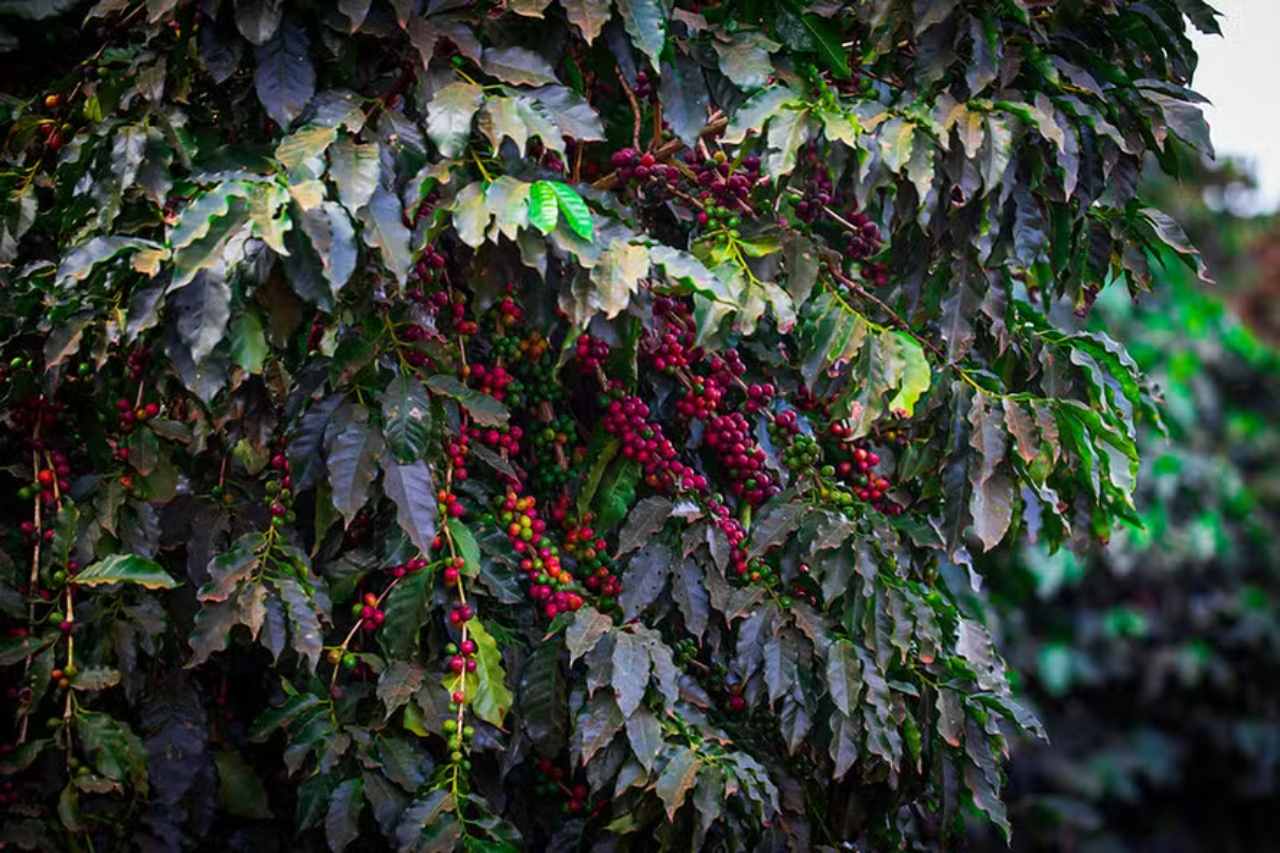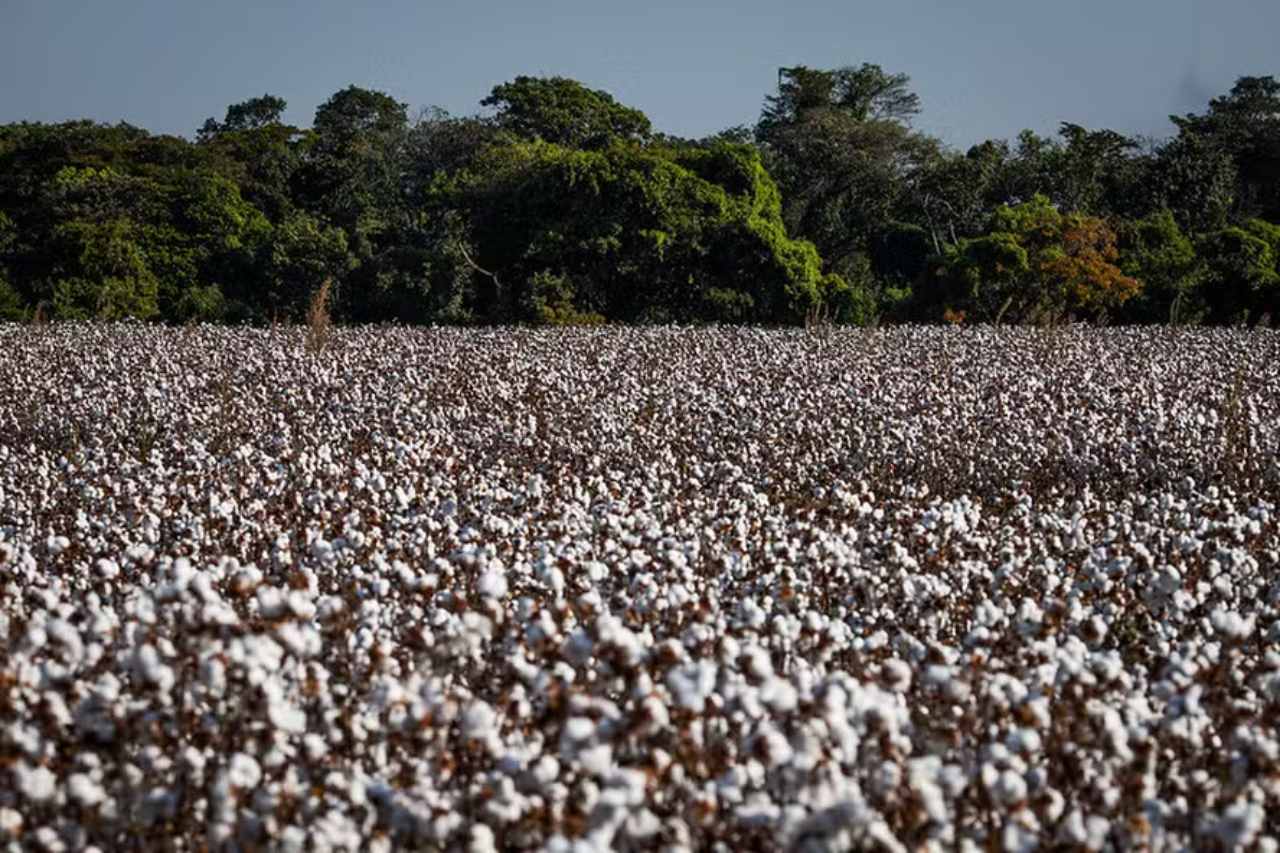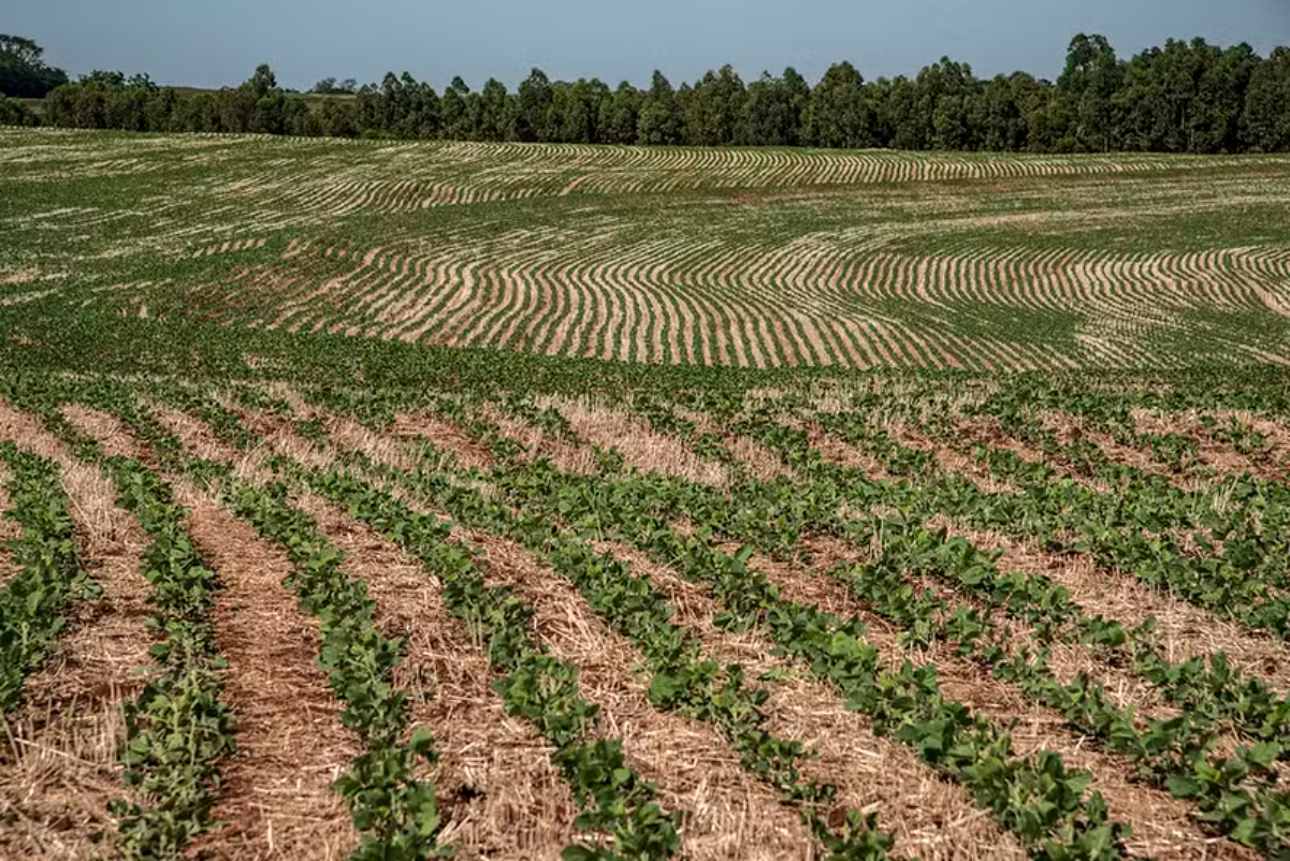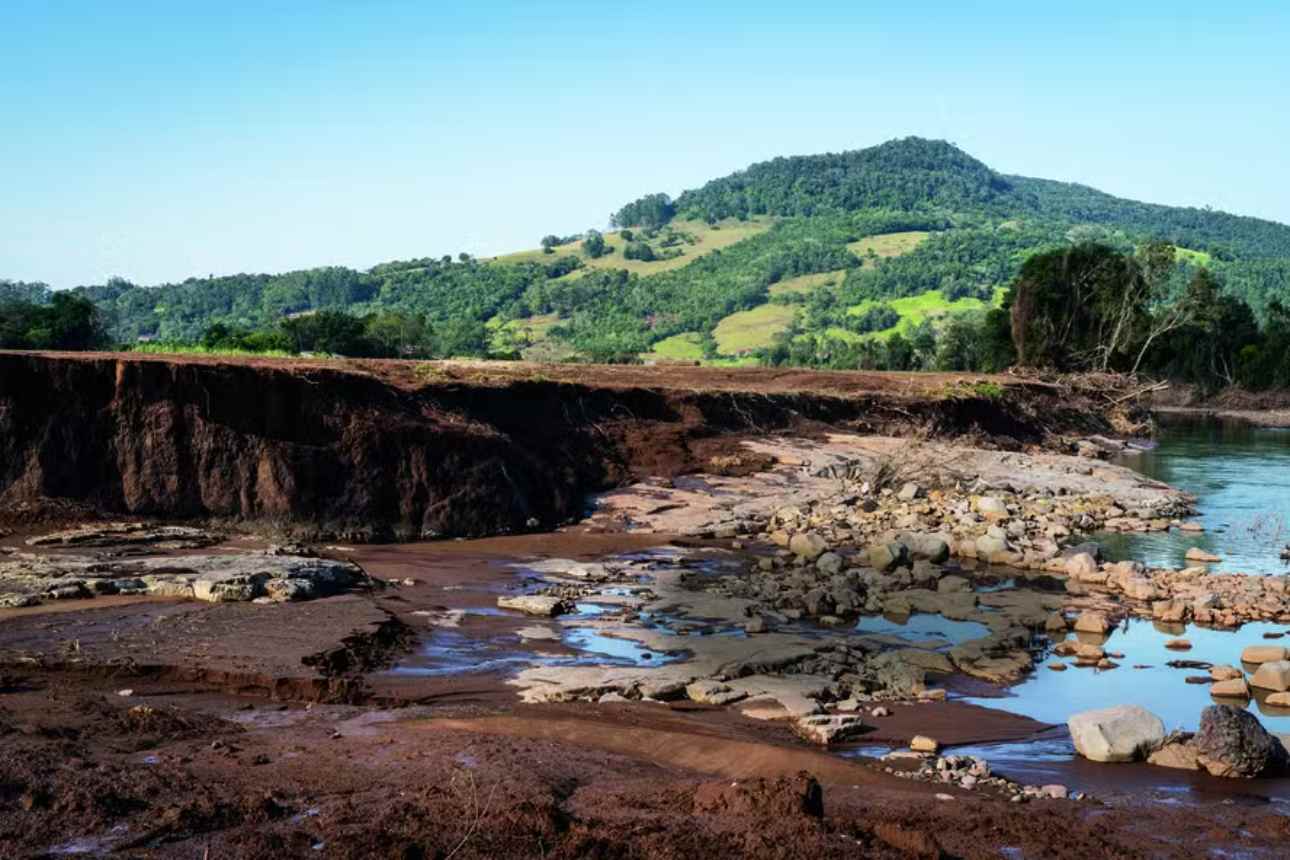Coffee from Rondônia and Acre Shine at the Florada Premiada, Celebrating Women Coffee Producers.
Coffee from northern Brazil is gaining recognition for its exceptional quality. Although the region does not produce large harvests, efforts to improve the beans’ attributes are starting to pay off. This achievement was highlighted during the 7th edition of the Florada Premiada competition, established in 2017 to honor the work of female coffee producers in Brazil.
Organized by the Grupo Três Corações through its Center for Rituals of Specialty Coffees, in partnership with the Brazilian Specialty Coffee Association (BSCA), the 2024 edition selected 20 of the best robusta coffee samples as finalists. Out of these, 15 hail from northern Brazil, specifically from the states of Rondônia and Acre.
“This is the first time I’ve submitted a sample. It’s an incredibly joyful moment, as we’ve reached a very high level,” said Keyti Souza, a pioneer in coffee production in the municipality of Brasileia. Four years ago, she began cultivating coffee on a small plot belonging to her husband’s family within the Chico Mendes Extractive Reserve, a sustainable-use conservation unit established in 1990.
High Competition Standards
“The contest’s cutoff score is high. To advance to the second phase, coffee must score above 85 points. Having four producers from Acre selected is a significant achievement, considering the competition includes producers from across Brazil,” explained agronomist Michelma Lima, head of the Coffee Division at the State Agriculture Department (Seagri). The evaluation follows the internationally recognized Cup of Excellence methodology developed by BSCA.
Keyti credits her success to meticulous care for her crop. “We have 9,000 plants, and not all beans are the same. We harvest the sweetest ones separately, wash them, dry them in greenhouses, and mix them daily for even drying. After 20 days, the beans are hulled,” she detailed. The “terroir”—the combination of geographical, geological, and climatic factors—also plays a role in enhancing the coffee’s quality.
In 2023, Keyti exported one sack of coffee to the United States and another to China. She also secured 8th place in a state-level quality competition. “Every year, we restore one hectare of degraded land within the reserve by planting coffee. This has not only increased our family’s income but also stimulated the local economy, as harvesting requires significant labor,” she added.
Investments in New Coffee Varieties
In recent years, Rondônia and Acre have focused on improving their coffee quality by adopting varieties better suited to the Amazon climate and employing techniques that enhance the beverage’s attributes, such as selective harvesting and fermentation.
As a result, Rondônia has become the second-largest producer of robusta coffee in Brazil. The region known as Matas de Rondônia, comprising 15 municipalities, produced coffee under the Matas de Rondônia Denomination of Origin and harvested approximately 3.7 million sacks in 2023. Acre is following a similar path. “Today, Acre ranks as the second-largest producer in northern Brazil. Even without intensive technology, we achieve high productivity—around 40 sacks per hectare,” said agronomist Michelma.
About 1,000 hectares are cultivated by nearly 1,000 families in Acre, who manage the coffee production chain. Like Rondônia, Acre is encouraging the transition from seed-based crops to clonal varieties, which are more productive and yield higher-quality coffee.
This transition began in 2013 with the introduction of Amazonian robusta clones—a hybrid combining robusta and conilon strains developed by Embrapa specifically for the Amazon region. Coffee cultivation aligns with forest preservation, reducing environmental pressure. “It’s a sustainable production model that respects the environment,” Michelma emphasized.
Guaranteed Purchase of Coffee Lots
Other finalists from Acre include Marivânia Nascimento, a coffee producer from Epitaciolândia who has worked with coffee for three years and specialty beans for two; Antônia dos Santos, who has cultivated coffee for six years in Brasileia and began focusing on specialty beans a year ago; and Eliane Lara, who has farmed in Acrelândia for 26 years and started working with specialty beans in the past year.
The award ceremony for the 7th edition of the Florada Premiada competition will take place on November 22 during the International Coffee Week in Belo Horizonte, Minas Gerais.
In addition to cash prizes for the top three winners in each category, the Grupo 3corações has committed to purchasing the 20 best lots. For samples ranked 1st to 10th in each category, the company will pay 100% above the B3 market price, while samples ranked 11th to 20th will receive 70% above the B3 market price.

